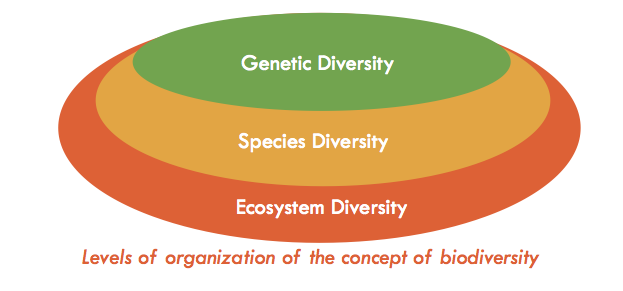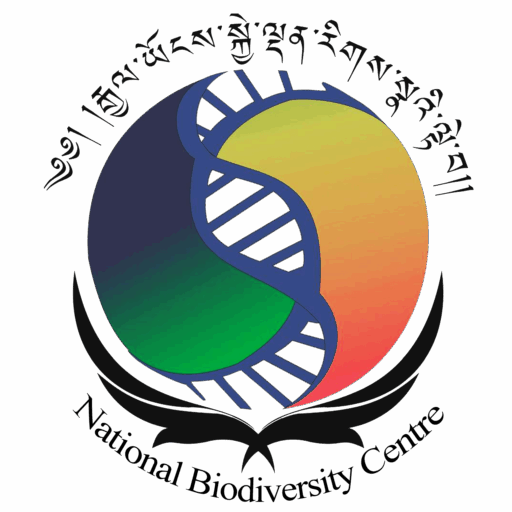“Biological diversity” means the variability among living organisms from all sources including, inter alia, terrestrial, marine, and other aquatic ecosystems and the ecological complexes of which they are part; this includes diversity within species, between species, and of ecosystems.

Why is biodiversity important?
Everything that lives in an ecosystem is part of the web of life, including humans. Each species, by virtue of its existence, has a vital role to play in the circle of life. Maintaining a wide diversity of species in each ecosystem is necessary to preserve the web of life that sustains all living things.
Biological resources have a crucial role as providers – with 80 percent of the needs of the poor derived from them. In addition, the richer the diversity of life, the greater the opportunity for medical discoveries, economic development, and adaptive responses to such new challenges as climate change.
Healthy biodiversity provides a number of natural services which are essential for our health, prosperity, and quality of life.
These services include:
Ecosystem Services
- Regulate our climate
- Control floods
- Pollinate crops
- Purify our water
- Absorb Carbon Dioxide
- Stop erosion
Biodiversity Supplies
- Diverse food products
- Timber and fuel
- Textiles
- Medicinal products
- Breeding stocks, population reservoirs
- Freshwater
- Fertile soils
Social Benefits
- Peace & tranquility
- Beautiful landscapes
- Amazing wildlife
- Discovery & learning
- Recreation & tourism
- Cultural values
- Healthy environment



